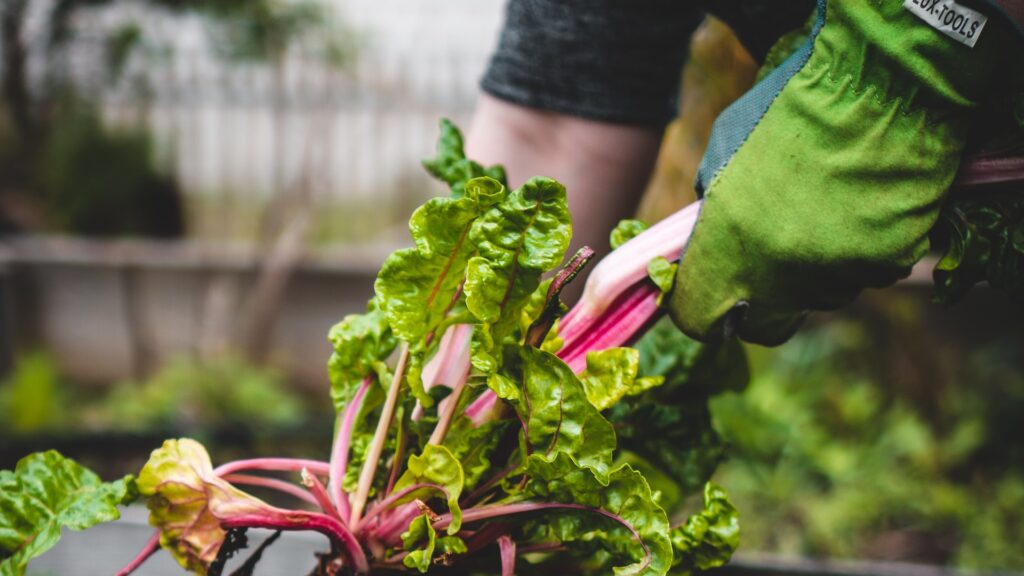Introduction:
In today’s fast-paced world, where chemicals and artificial additives dominate our lives, many people are turning to organic gardening as a way to reconnect with nature and live a healthier lifestyle. Organic gardening is not just a hobby; it’s a sustainable practice that benefits both individuals and the environment. In this comprehensive guide, we will explore the fundamentals of organic gardening, from basic tips and techniques to the long-term benefits it offers.
1. What is Organic Gardening?
Organic gardening is the art of growing plants and crops without the use of synthetic fertilizers, pesticides, or genetically modified organisms. It focuses on utilizing natural processes to maintain soil fertility, control pests, and improve plant health. By avoiding harmful chemicals, organic gardeners ensure that their produce is safe, healthy, and free from harmful residues.
2. Gardening Tips:
a. Start with the Basics: Before diving into the world of organic gardening, it’s essential to understand the fundamental principles such as soil preparation, companion planting, and proper watering techniques.
b. Soil Health: Healthy soil is the backbone of any successful organic garden. Learn about improving soil fertility, composting, and the benefits of natural fertilizers like organic compost, worm castings, and manure.
c. Pest Control: Combat pests without resorting to harmful chemicals. Discover natural approaches like beneficial insects, companion planting, and homemade organic pesticides.
d. Weeding: Keep your garden weed-free with methods that minimize damage to the soil and environment, such as mulching and hand weeding.
e. Watering Techniques: Learn how to optimize watering while conserving water resources. Techniques like drip irrigation and rainwater harvesting can be beneficial in sustainable gardening.
3. Organic Gardening Techniques:
a. Companion Planting: Discover the benefits of planting specific combinations of plants that support each other’s growth, deter pests, and enhance overall productivity.
b. Crop Rotation: Understand the importance of rotating crops to prevent soil depletion, control diseases, and minimize insect infestations.
c. Intensive Planting: Make efficient use of limited space by maximizing your garden’s productivity through techniques like vertical gardening and intercropping.
d. Seed Saving: Learn how to save seeds for future plantings, fostering self-sufficiency, preserving heirloom varieties, and reducing costs.
4. Benefits of Organic Gardening:
a. Environmental Sustainability: Organic gardening helps reduce pollution, conserve water, promote biodiversity, and protect natural resources for future generations.
b. Health Benefits: By consuming organic produce, you avoid exposure to harmful pesticides and chemicals, reducing the risk of health problems related to their consumption.
c. Fresh and Flavorful Harvest: Experience the unparalleled taste and nutritional value of fresh, homegrown produce that is harvested at its peak ripeness.
d. Cost Savings: Organic gardening can save money on grocery bills while providing an abundant supply of fresh vegetables, herbs, and fruits.
Conclusion:
Embrace the world of organic gardening and join the movement towards a healthier and more sustainable lifestyle. By following the tips, techniques, and practices mentioned in this guide, you can create a thriving organic garden and enjoy the many benefits it offers. Start small, experiment, and watch your garden flourish while contributing to a greener and cleaner environment.
Tags: organic gardening, gardening tips, organic gardening techniques, benefits of organic gardening, sustainable gardening, gardening for beginners, growing vegetables, natural fertilizers, eco-friendly gardening
Category: Gardening

